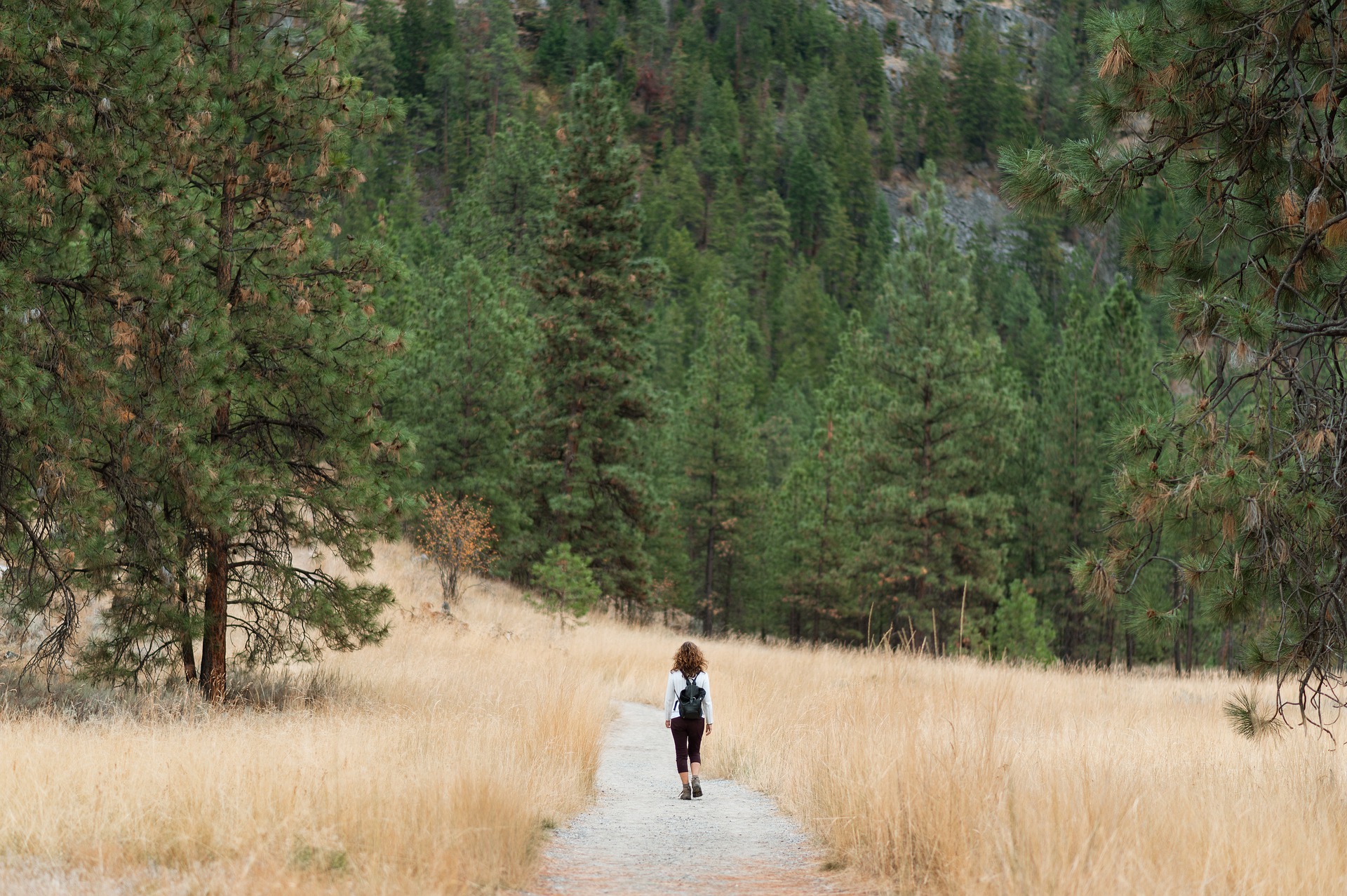Exploring the World Through Foraging Tourism
Embark on a journey that combines culinary adventure with environmental awareness. Foraging tourism is gaining traction among travelers seeking authentic, immersive experiences that connect them with nature and local traditions. This unique form of travel offers a fresh perspective on destination exploration, allowing visitors to discover hidden flavors and ancient wisdom.

A Taste of the Wild
Foraging tourism takes travelers off the beaten path and into forests, meadows, and coastlines. Guided by local experts, participants learn to identify edible plants, mushrooms, and sometimes even insects. These excursions often culminate in preparing and enjoying meals made from the day’s findings, offering a true farm-to-fork experience that connects travelers with the land and its bounty.
Cultural Exchange Through Nature’s Pantry
One of the most enriching aspects of foraging tourism is the cultural exchange it facilitates. Many indigenous communities have preserved traditional foraging knowledge, passing it down through generations. By participating in foraging tours, travelers gain insight into local customs, traditional medicinal practices, and sustainable living techniques that have stood the test of time.
Sustainability and Conservation
Foraging tourism, when practiced responsibly, can contribute to conservation efforts and sustainable tourism practices. It encourages a deeper appreciation for ecosystems and biodiversity, promoting the preservation of natural habitats. However, it’s crucial for tour operators and participants to adhere to ethical guidelines to prevent over-harvesting and disruption of local ecosystems.
Challenges and Considerations
While foraging tourism offers unique experiences, it also presents challenges. Safety is paramount, as misidentification of plants can lead to serious health risks. Additionally, there are legal and ethical considerations regarding land use and resource management. Responsible foraging tourism requires extensive knowledge, proper permits, and a commitment to leaving minimal impact on the environment.
Essential Tips for Foraging Tourists
• Always join guided tours led by certified experts
• Research local regulations and obtain necessary permits
• Learn proper identification techniques before consuming any wild foods
• Practice the leave no trace principle to minimize environmental impact
• Respect local customs and traditions related to foraging practices
• Be prepared with appropriate gear, including sturdy shoes and weather-appropriate clothing
• Bring a field guide specific to the region you’re exploring
• Start with easily identifiable species before attempting more challenging forages
As the world of travel continues to evolve, foraging tourism stands out as a unique way to connect with nature, culture, and culinary traditions. By embracing this trend, travelers can gain a deeper appreciation for the environments they visit and the delicate balance of ecosystems. Whether you’re a food enthusiast, nature lover, or cultural explorer, foraging tourism offers a fresh perspective on the art of travel, inviting us to slow down and savor the hidden treasures of the natural world.






